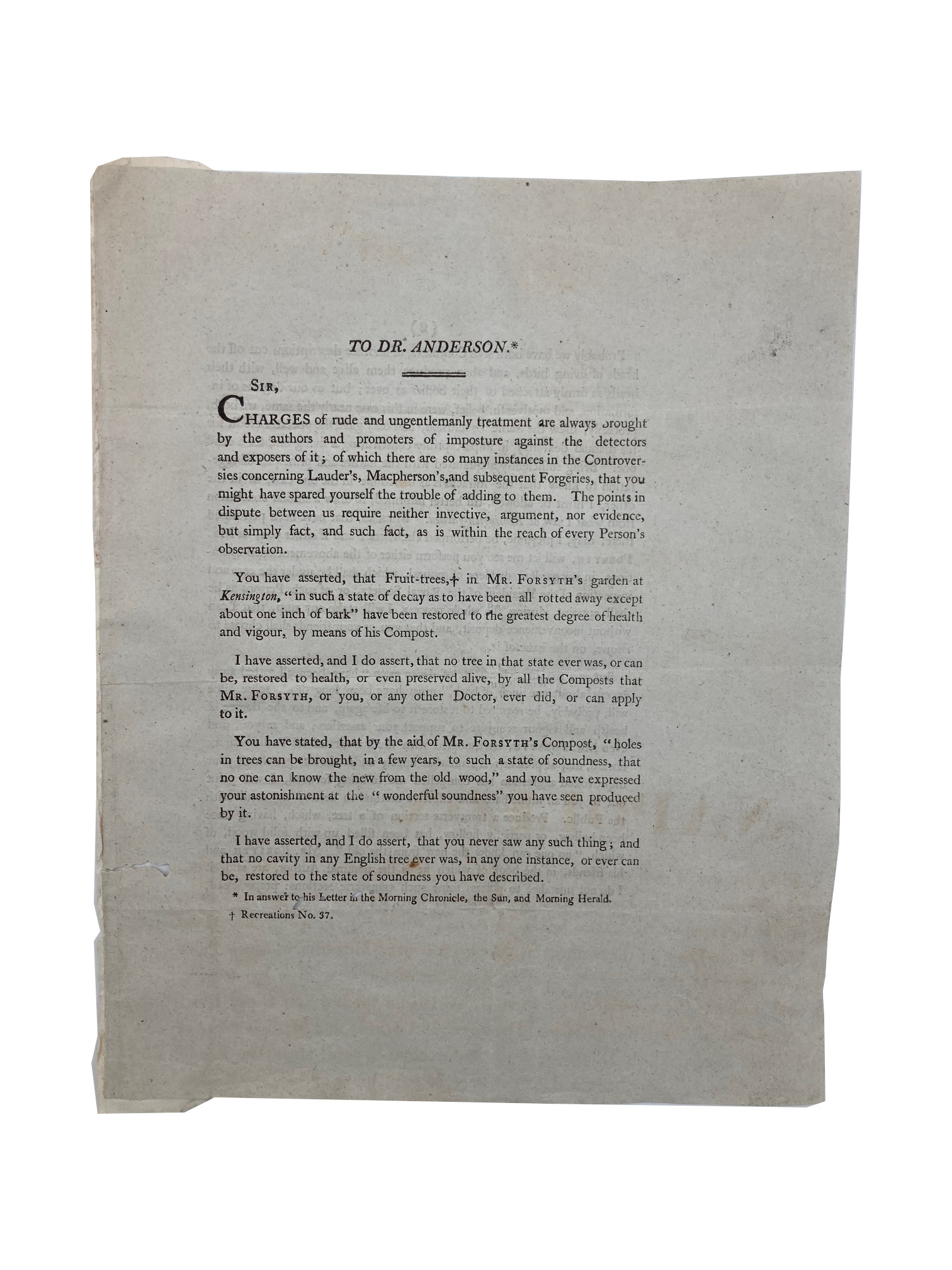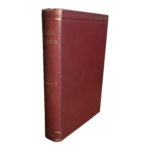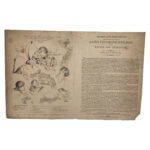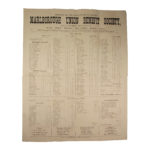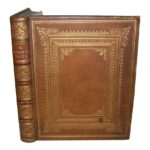Description
[004350] Knight, T. A. To Dr. Anderson. Ludlow: H. Procter [Printer], 1803. First Edition. 4to. Unbound. Good. [1], 2-3pp, [1]. Drop head title
Lightly creased, worming to margin and foot of first leaf, just catching a couple of letters to footnote but with no loss of sense, small patch of light foxing to fore edge margin of second leaf, with some ink staining to final blank, remnants of a paper guard, otherwise fairly bright
A seemingly unrecorded reply by T.[homas] A.[ndrew] Knight to a claim in a letter by a Dr. Anderson about the regenerative properties of Mr Forsyth’s compost. Dr. Anderson claims that “holes in trees can be brought, in a few years, to such a state of soundness, that no one can know the new from the old wood”, Knight retorts that “I have asserted, and I do assert, that you never saw any such thing; and that no cavity in any English tree ever was, in any one instance, or ever can be, restored to the state of soundness you have described”
The printer was H.[enry] Procter (fl. 1792 – 1833). Knight, Thomas Andrew (1759-1838), horticulturist and plant physiologist … His first papers on grafting and on the diseases of fruit trees were well received and in 1805 he was elected FRS. In 1806 he received the Copley medal for his papers on plant physiology” (ODNB); Forsyth, William (bap. 1737, d. 1804), horticulturist … In 1784 Forsyth was appointed superintendent of the royal gardens of St James and Kensington. Here his interest in the improvement of diseased and decayed fruit trees led him to develop and promote his own ‘plaister’, a paste whose application would, he asserted, cause new wood to grow and bind to the old. His invention came to the notice of those charged with procurement of sound wood, particularly oak, for naval use, and after preliminary investigation he was paid £1500 to reveal the composition of this mixture. A second payment, to follow successful trials, was, however, never made … The attack by Thomas Knight in 1802 on Forsyth’s claims for his paste, which Knight asserted was neither a new invention nor an effective one, led to a long and bitter debate which severely damaged Forsyth’s reputation” (ODNB)
See Janson’s Pomona’s Harvest, page 252 for other attacks by Knight on Forsyth
